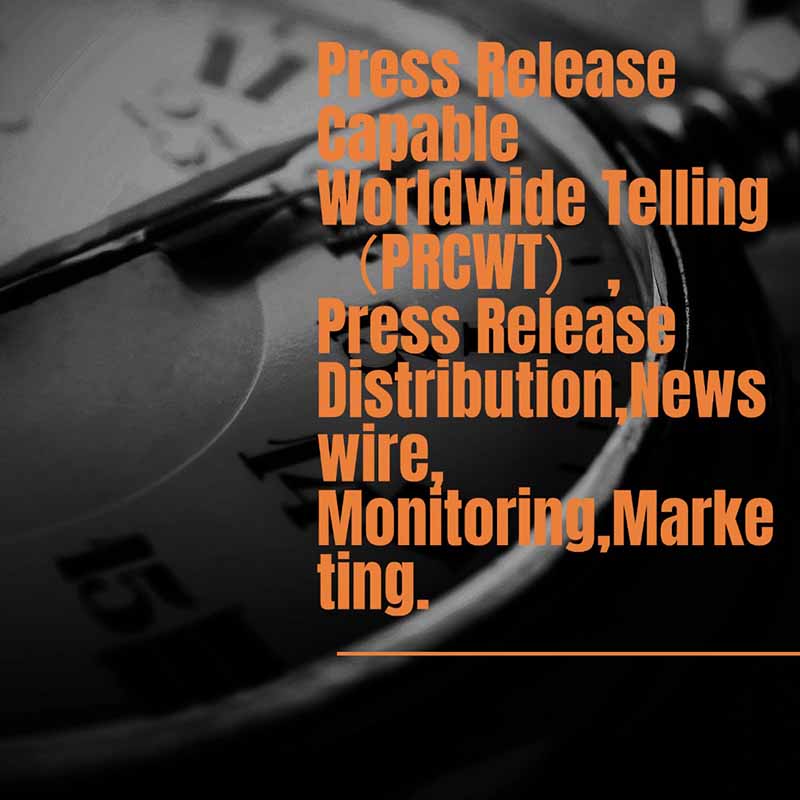In today's highly competitive digital landscape, content marketing has emerged as a crucial strategy for businesses to connect with their target audiences and drive meaningful engagement. This article explores the various aspects of content marketing, its significance, and how it can be effectively implemented to achieve business goals.
Content marketing involves creating and distributing valuable, relevant, and consistent content to attract and retain a clearly defined audience. It goes beyond traditional advertising and focuses on building relationships with consumers by providing them with useful information, entertainment, or inspiration.
One of the key benefits of content marketing is its ability to enhance brand awareness. By consistently producing high-quality content that resonates with the target audience, businesses can increase their visibility and establish themselves as thought leaders in their respective industries. This, in turn, can lead to increased brand credibility and trust among consumers.
Another important aspect of content marketing is its role in driving customer engagement. By creating content that is engaging, informative, and shareable, businesses can encourage their audience to interact with their brand, leave comments, share content, and ultimately become loyal customers. This can lead to increased customer lifetime value and repeat business.

In addition to brand awareness and customer engagement, content marketing can also have a significant impact on lead generation and sales. By providing valuable content that addresses the pain points and needs of the target audience, businesses can attract potential customers and convert them into leads. This can be achieved through techniques such as content marketing automation, lead nurturing, and email marketing.
To be successful in content marketing, businesses need to have a clear understanding of their target audience and their needs. They also need to develop a content strategy that aligns with their business goals and brand messaging. This includes identifying the types of content that will be most effective in attracting and engaging the target audience, as well as determining the channels through which this content will be distributed.
In conclusion, content marketing is a powerful tool that can help businesses connect with their target audiences, build relationships, enhance brand awareness, drive customer engagement, and generate leads and sales. By implementing a well-planned content marketing strategy, businesses can gain a competitive advantage in the digital age and achieve long-term success.